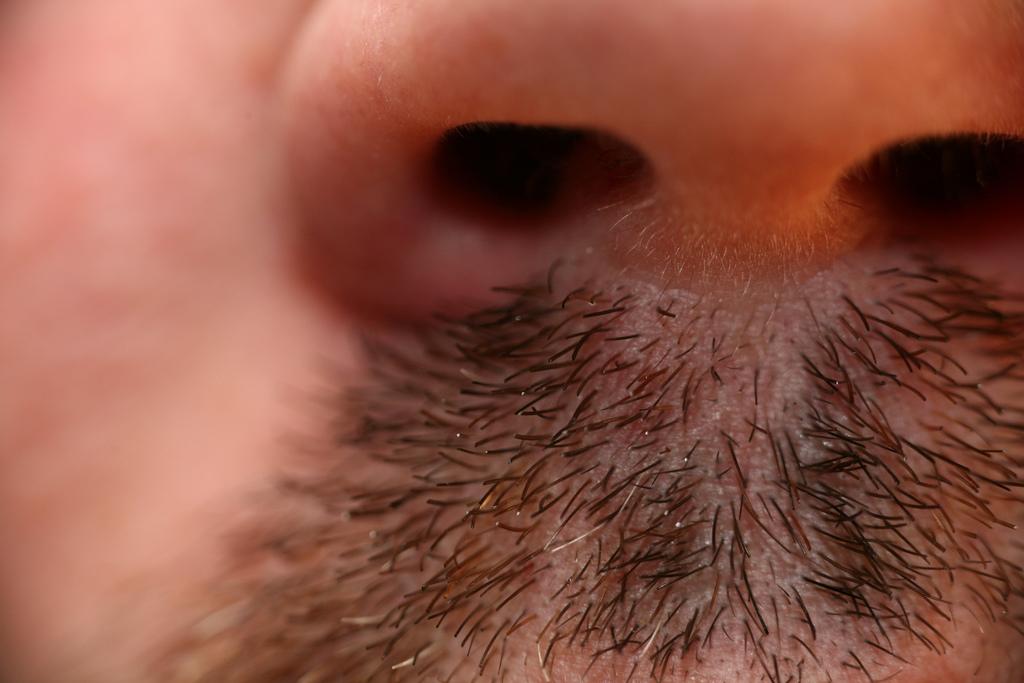Alzheimer's early signs: Declining sense of smell could be first warning of decline, not memory loss
A new study provides the most conclusive evidence yet

Your support helps us to tell the story
From reproductive rights to climate change to Big Tech, The Independent is on the ground when the story is developing. Whether it's investigating the financials of Elon Musk's pro-Trump PAC or producing our latest documentary, 'The A Word', which shines a light on the American women fighting for reproductive rights, we know how important it is to parse out the facts from the messaging.
At such a critical moment in US history, we need reporters on the ground. Your donation allows us to keep sending journalists to speak to both sides of the story.
The Independent is trusted by Americans across the entire political spectrum. And unlike many other quality news outlets, we choose not to lock Americans out of our reporting and analysis with paywalls. We believe quality journalism should be available to everyone, paid for by those who can afford it.
Your support makes all the difference.A declining sense of smell could be the first sign of Alzheimer’s, not memory loss, according to new research.
Researchers at Masachusetts General Hospital in the US have developed a method which can identify a person’s risk for the disease on the basis of their ability to recognise and recall odours.
While this isn’t the first time smell has been explored as a symptom, it does provide the most conclusive evidence yet.
Lead investigator Dr Mark Albers even goes as far to say that a hindered sense of smell caused by Alzheimer’s could be detected a decade before patients start to experience memory loss.

"There is increasing evidence that the neurodegeneration behind Alzheimer's disease starts at least 10 years before the onset of memory symptoms," he says.
The study of 183 patients deemed to have an increased risk of developing the disease found that those with early signs of Alzheimer’s were less likely to be able to identify or easily recognise smells.
First, they were tested for how well they could identify smells by being presented with 10 scents: menthol, clove, leather, strawberry, lilac, pineapple, smoke, soap, grape or lemon.
After smelling each one they were asked which, if any, were familiar and to pick the name of the scent from a choice of four.
Next, they were given a questionnaire asking about the scents they just smelled. This was used to test their awareness and memory of smells.
Finally, to test how well they could discriminate between smells they were given a choice of two and asked if they were the same or different.
As a result, the study was able to identify the participants whose brain scans showed hallmark signs of Alzheimer’s purely based on their sense of smell.

"It is well recognized that early diagnosis and intervention are likely to produce the most effective therapeutic strategy for Alzheimer's disease - preventing the onset or the progression of symptoms," says Albers.
"If these results hold up, this sort of inexpensive, noninvasive screening could help us identify the best candidates for novel therapies to prevent the development of symptoms of this tragic disease."
Join our commenting forum
Join thought-provoking conversations, follow other Independent readers and see their replies
Comments